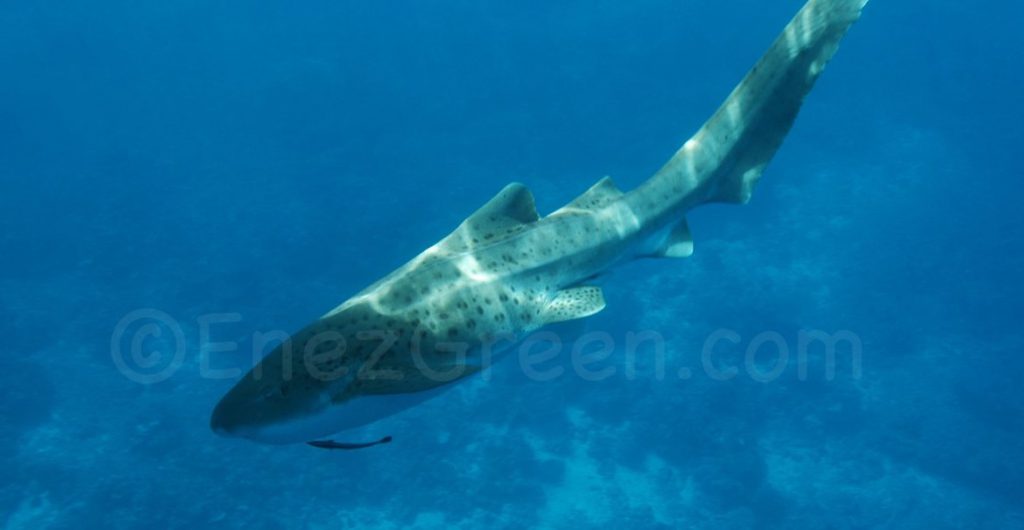Four species of sharks and nine rays species listed in Annex 2 to restrict commercial exploitation
This is a win for the Republic of Maldives (silky shark), Sri Lanka (thresher sharks) and the Republic of Fiji (Manta) which have submitted proposals for better protection for the silky shark, thresher shark and devil rays. The decision was taken at the 17th Conference of Parties of CITES, the cites which gathered 181 countries in Johannesburg from September 24 to October 5, 2016.
Read more about artificial fins save sharks
The value of global annual trade pieces of sharks and rays approaches the billion
China officially banned shark fin soup from its official dinners but this dish is very popular in the country, as well as Singapore. The gills of manta and devil, which cooked water is used by traditional healers in southern China to purify the bloodstream, are also popular, although their effectiveness has not yet been scientifically proven.
According to the Wildlife Conservation Society (WCS), sales of sharks, rays and chimaeras fish have increased by 40% during the decade ending in 2011. “The value of global annual trade pieces of sharks and rays approach one billion dollars. Fishing companies catch each year 800,000 m3 of each of these species, “says an expert WCS, Amie Brautigan.
This is the first time the Pacific has as great influence and is able to protect endangered species
The classification of the line sea devil is the result of a long campaign by Fiji, supported by Palau and Samoa and fifty other countries. This is the first time the Pacific has as great an influence and is able to protect endangered species, flagship species of the region, which are part of their cultures and attract divers numbers.
Note that the applications were approved by a large majority: for silky shark, the proposal was adopted by 111 votes for, 30 votes against and 5 abstentions, for the thresher shark, 108 votes for, 29 votes against and 5 abstentions and finally for the Manta ray, 110 votes for, 20 against and 3 abstentions.




